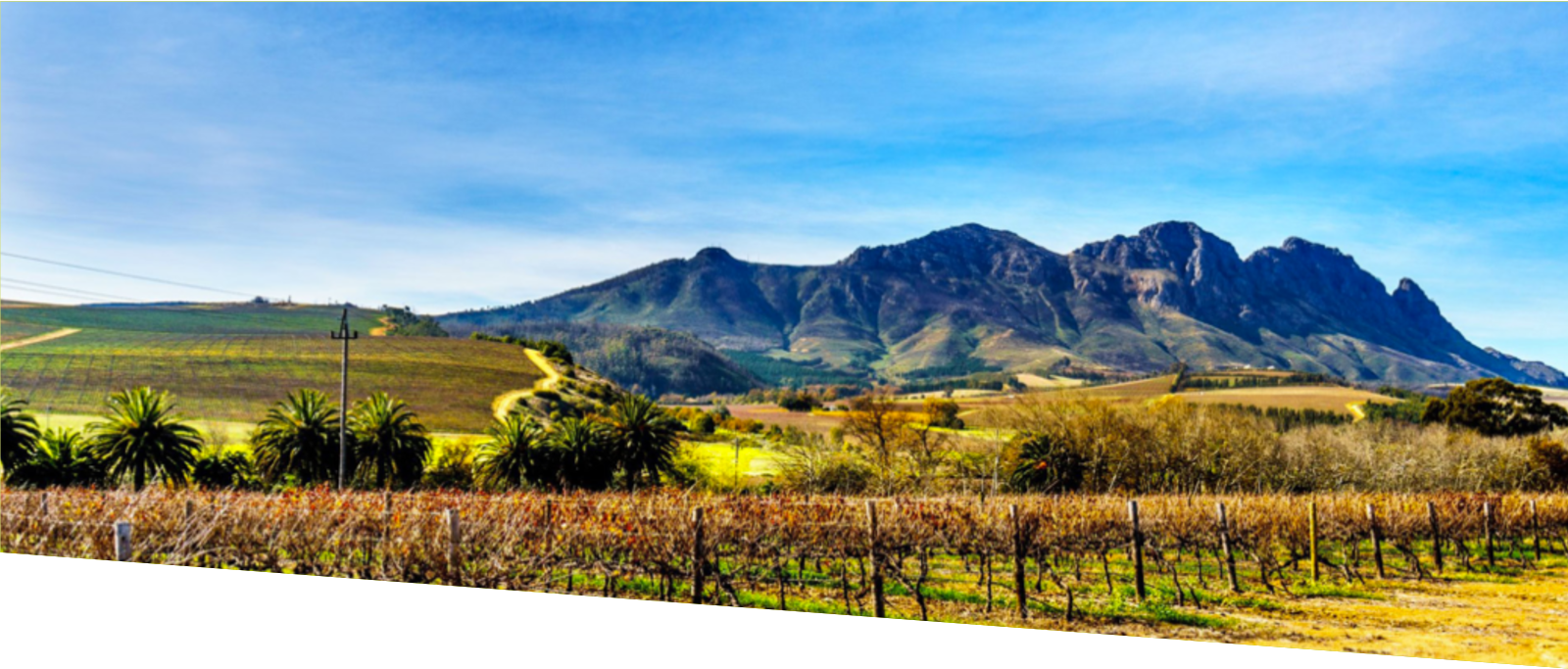Projects

The African Agriculture Adaptation Tracking Tool
Explore information about partners, projects, and tools dedicated to fostering the adaptation of agriculture in Africa.
The AAA initiative is thrilled to introduce the Adaptation Tracking Tool, a cutting-edge digital platform designed to revolutionize the planning and monitoring of agricultural adaptation initiatives across the African continent.
The Tool was developed in 2023, in collaboration between:
- The AAA Initiative Foundation
- The Africa Adaptation Initiative
- The Alliance of Biodiversity International & CIAT
- The Global Center on Adaptation
This tool represents a notable advancement in fortifying the resilience of African Agriculture to the impacts of climate change. It integrates two platforms based on Climate Smart Agriculture Investment Plans developed by the AAA Initiative and the World Bank in 10 African countries.
The Tool has the two following essential features:
- A Projects and Partners Platform: A comprehensive continental catalog detailing ongoing and past adaptation projects, partners, and beneficiaries.
- An Adaptation Tracking Platform:: A dynamic repository offering diverse methods and approaches for tracking adaptation across various scales, enriched with invaluable lessons learned.
These two platforms are strategically designed to elevate the coordination and efficacy of adaptation efforts, fostering an informed and collaborative approach to advancing agricultural resilience throughout the African continent.
The platforms have undergone refinement through various capacity building and advocacy events, both physical and virtual, including a workshop in Rabat, Morocco (November 7, 2023) bringing together 30 Conservation Agriculture specialists and two stakeholder meetings, held virtually on November 27, 2023, and February 21, 2024. A dedicated hybrid event at CoP28 in Dubai (December 4, 2023) also played a pivotal role in its global distribution.
As we continue to expand and refine the Adaptation Tracking Tool, we welcome your input and recommendations. Please do not hesitate to reach out with any additional ideas to help us advance and maximize the impact of this shared resource in our collective efforts to build a more resilient future for African agriculture.
Submit your feedback to : AAATT@aaainitiative.org

Climate Smart Investment Plans
Climate Smart Investment Plans (CSAIP)
Climate-resilient agriculture is not a set of practices. It is an approach to selecting and implementing agricultural practices, policies and services that are adapted to the context, over time and space, and integrated in such a manner that they work together to maximize synergy and minimize trade-offs. What works for one group of farmers-because of their location, culture, and situation-may not work for a different group. An effective CSAIP requires assessing the impacts of an investment based on the biophysical, agricultural, and socioeconomic context of a given location.
To date, the AAA initiative has enabled seven African countries (Morocco, Côte d'Ivoire, Mali, Cameroon, Ghana, Burkina Faso, and Republic of Congo) to develop climate-smart investment plans in partnership with the World Bank and the NDC Partnership (through BMZ) and the AgenceFrançaise de Développement. The AAA initiative aims to share this successful experience with other African countries.
The process of developing a CSAIP builds on stakeholder engagement and capacity building by conducting a baseline analysis, identifying and prioritizing potential investments in climate-resilient agriculture, and developing preliminary designs and guidelines for the implementation and monitoring of investment projects. The result is a series of scientifically validated, country-supported investments ready to be presented to potential investors.
Climate-resilient agriculture focuses on the three pillars of strengthening food security:

Sustainable increase in production.

Building resilience (adaptation) to climate change.

Reduction of greenhouse gas emissions, where possible and appropriate.

Adaptation Metrics
The "International Platform for Adaptation Metrics" (IPAM) was launched in May 2020, by five founding members, to respond to the call of the participants at the international workshop held on November 22, 2019, in Salé (Morocco), on the topic of adaptation metrics. This meeting was the last of a series of four international meetings on adaptation metrics, organized under the impetus of the Moroccan presidency of CoP22, from 2016 to 2019 in Morocco. These conferences brought together an international community of more than a hundred practitioners from various economic sectors, international organizations, civil society, bilateral and multilateral donors, research and development institutions and UN agencies.
IPAM's founding members are: : the AAA Initiative Foundation, the African Council for Scientific Research and Innovation, the Higher Ground Foundation,
the Basque Centre for Climate Change and the Mohammed VI Polytechnic University.
The Secretariat of the IPAM is hosted by the AAA Initiative Foundation, which supports the implementation of IPAM activities, coordinates and facilitates communication between IPAM Members. IPAM aims to become an international reference platform for adaptation metrics, across scales and sectors, and to co-develop metrics and tools that go beyond the state of the art to address emerging adaptation needs. IPAM also seeks to create synergies among its members to refine and advance concepts in the areas of science, governance, management, project monitoring and evaluation, communication, capacity building and climate finance.

The Pan African Readiness Programme
The AAA Initiative Foundation has provided support to 23 African Countries to raise funds from Green Climat Fund (GCF).
The process started in July 2019, when the first African Dialogue for the mobilization of resources was organized in Morocco jointly by AAA and AAI, with participation of 27 representatives of African GCF focal points and representatives of Ministries of Agriculture. The event was organized with contribution from the French Development Agency, the World Bank, the United Nations Development Program, and various actors (Rocky Mountain Institute, Africa Risk Capacity, etc.).
As result, GCF has approved $7 million grant to the Pan-African Readiness Programme to implement Low-Carbon and Climate Resilience strategies in Agriculture and Energy sectors. The programme targets 23 African countries and has the following objectives:
-
Align African countries' agriculture and food security policies and strategies with the objectives of the Paris Agreement to inform the formulation and implementation of transformation projects and programs in line with national priorities for climate-constrained agriculture;
-
Reduce the existing policy and investment gap through large-scale climate resource mobilization by leveraging Green Climate Fund (GCF) funding;
-
Provide targeted assistance for financial structuring of targeted projects and financial innovation to increase climate finance flows for agricultural transformation in Africa.
